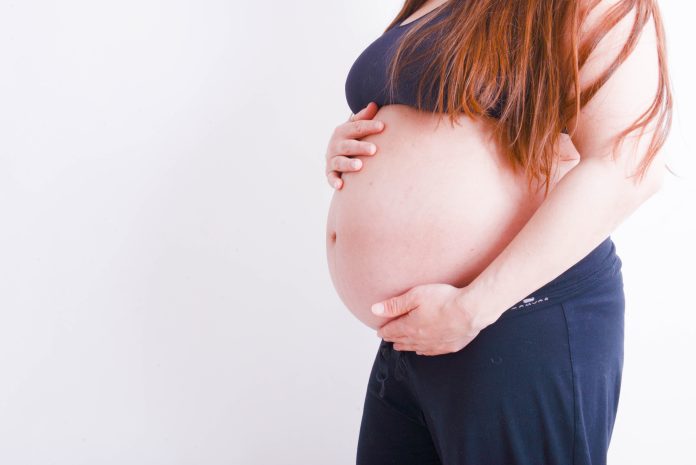The Directorate-General of Health of Portugal (DGS) is investigating the increase in maternal deaths as the rate is the highest in 38 years, reports the Jornal de Noticias. In 2020, the maternal mortality rate reached 20,1 deaths per 100,000 births. The only value to surpass this occurred in 1982 when 22,5 deaths per 100,000 births were recorded, according to the National Statistic Institute (INE).
In total, 17 women died in 2020 within the period stipulated by the World Health Organization to be considered maternal mortality. Of these deaths, eight occurred during pregnancy, one during childbirth, and eight during puerperium (up to 42 days after birth). All cases were caused by pregnancy, birth, and puerperium complications and were not related to the covid-19 pandemic.
The DGS told JN that since the beginning of the year the priority has been made to understanding maternal mortality rates “so that the process of investigation through an epidemiologic inquiry can be the fasted possible to guarantee the quality information necessary for the study and investigation of the phenomenon”.
Diogo Ayres-de-Campos, a specialist integrating the Commission of Maternal Mortality told JN that the increase in the maternal mortality rate can be explained by a “degradation of obstetric care”, “the increase in age of pregnant women”, and the “increase in pathologies”.
According to Our World in Data, the average maternal death rate in the European Union is 8 maternal deaths per 100,000 births. Therefore, the maternal mortality rate in Portugal is over double that of the average in the EU.


